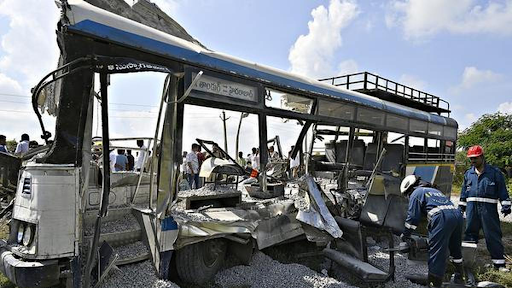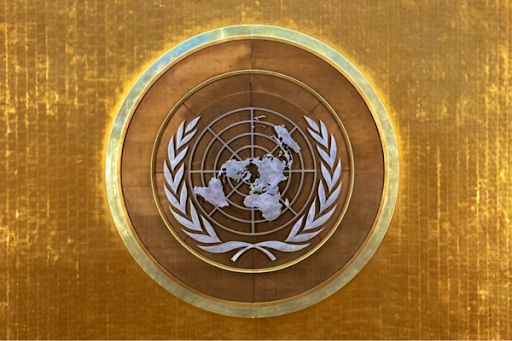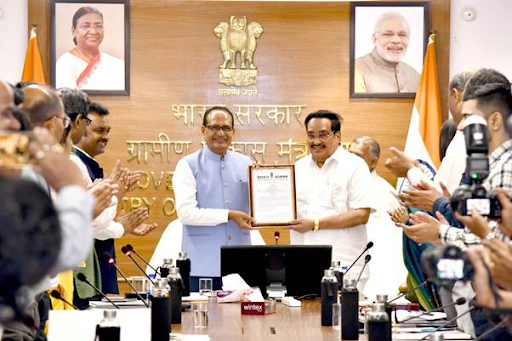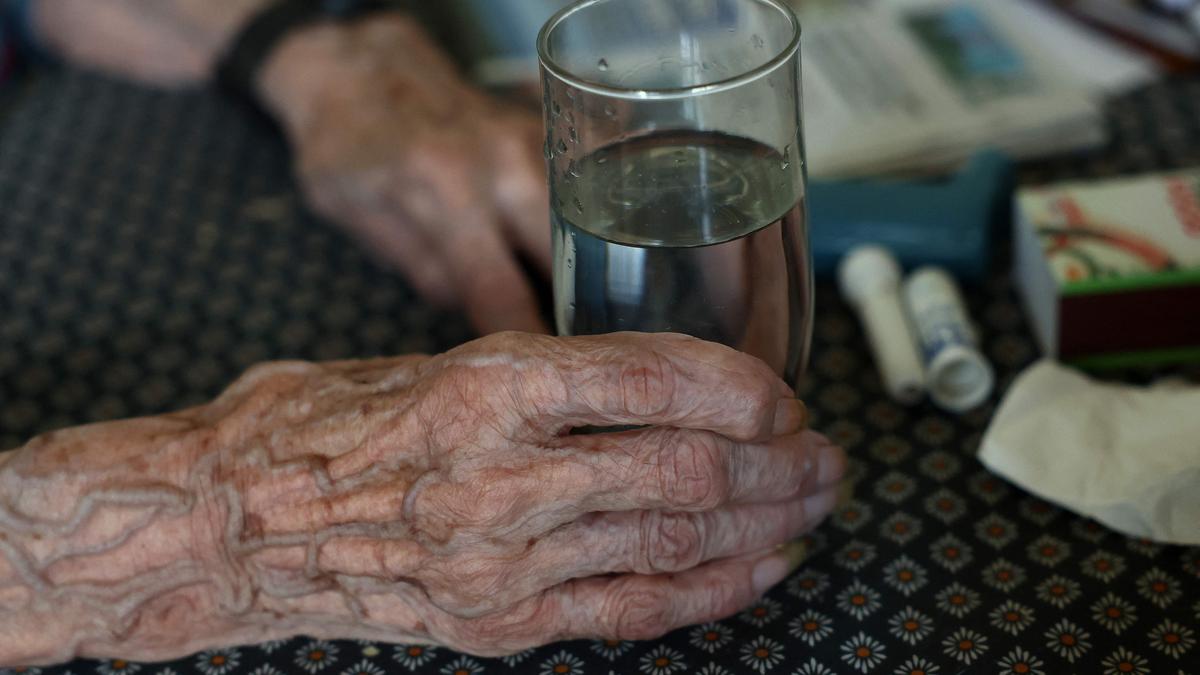Description
Context: It is heartening to note that journalist Priya Ramani, against whom a defamation charge was filed by former journalist and Bharatiya Janata Party leader M.J. Akbar, has been acquitted by a Delhi court and her right to dignity has been upheld. Dignity is a simple word, but it bears the imprint of resistance and struggle.
Background:
- Years ago, in the late 1990s, while discussing amendments to the existing legislation on sexual assault, feminists wondered if they ought not to come up with a different definition for the act, and one that does not focus on the woman as a victim, but on what is at stake for her as she struggles to seek justice.
- Rape is a crime against ‘bodily integrity’, a term that can perhaps encompass other struggles against what the American philosopher Cornel West refers to as ‘ontological wounding’.
- Small wonder then that dignity is claimed by a range of persons who endure such hurt on a daily basis: Dalits, the queer community and transpersons, and minorities.
Bitter experiences:
- As far as justice goes, the balance sheet of the #Metoo movement is still in deficit.
- But occasions like these also help puncture the self-satisfaction we see all around when a woman's complaint is dismissed: to admit that she might be telling the truth is to admit to what a lot of people like to conveniently ignore, that for all the grand ideas handed out in our epics, ours is a culture that routinely belittles women and blames them for all that happens to them.
- The consequences of disbelief can prove consequential.
- In the Mathura rape case, the victim was not believed as the court held that because she was habituated to sexual intercourse, her charges against the policemen were untrustworthy.
- Bhanwari Devi was told that she could not have been subjected to a gang rape because the men that she claimed assaulted her were of a caste higher than hers.
- The Hathras case, where the facts of assault were disputed in ways that could only be termed sickening. But experiences like these are not unusual — Dalit women and other minority groups who seek justice in sexual assault cases routinely face such circumstances.
Orthodox ideas:
- The verdict for Ms. Ramani allows us to relish a moment of quiet satisfaction that in some contexts, at least the victim’s speech may be granted the legitimacy that is often denied. However, it might be useful to ponder over a few related matters.
- First, one may face the trauma of repression and speaking out long after they have experienced harassment or violence.
- Second, sexual harassment exists as part of a wide spectrum of acts, which may range from casual demeaning speech to sexual threats and actual acts of assault. What needs to be addressed forthrightly is the heterosexual male’s sexual prerogative and the culture of impunity that supports and protects it.
- Third, the vulnerability of being sexually exploitable appears to be part of the working conditions that bind women in all sectors, and more so in so-called informal work: in brick kilns, quarries, garment factories, and in various service situations.
Support circles:
- The challenge is to not lose sight of this stark truth that holds good even after years. It is important to build feminist jurisprudence on the subject and think about local support systems that can enable women to stand up for their rights.
- Lastly, there is the question of restorative justice that some are interested in, and how that might apply in matters where bodily integrity is at stake.
https://www.thehindu.com/todays-paper/tp-opinion/the-fight-for-dignity-in-the-feminist-struggle/article33898906.ece










